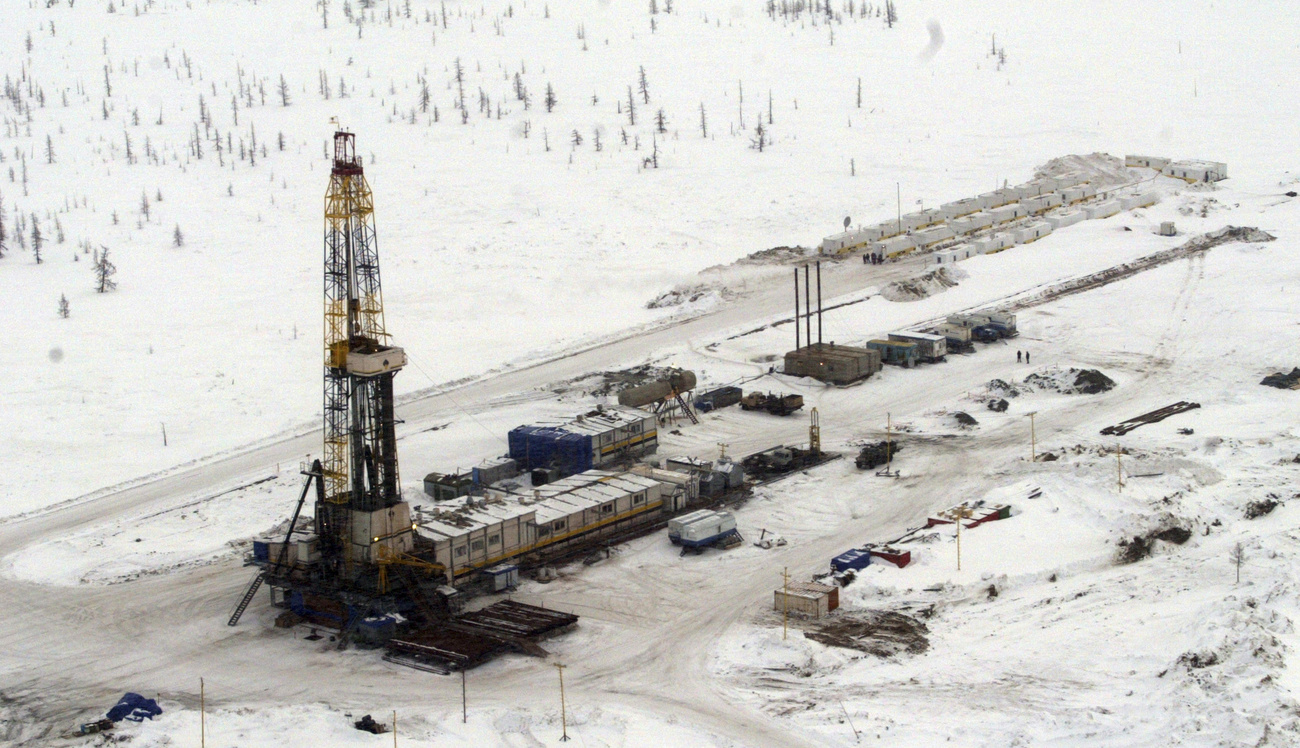
Swiss to decide individually on Russian commodity deals

Switzerland will decide case by case whether to curtail traders' purchases from Russia's state-controlled companies under European Union sanctions.
The State Secretariat for Economic Affairs (SECO) which is in charge sanctions confirmed the Swiss policy to follow in principle the EU measures, which aim to limit commodity deals to those deemed “strictly necessary” from mid-May.
“According to Article 24a paragraph 2 letter a of the Ordinance on Measures in Connection with the Situation in Ukraine, the ban on transactions with state-owned enterprises does not apply to transactions that are strictly necessary for the purchase, import or transport of various raw materials to Switzerland or an EEA [European Economic Area] member state,” SECO told the Reuters news agency on Tuesday.
Non-EU member Switzerland is a key hub for trading Russian commodities.
Major global trading houses are planning to reduce crude and fuel purchases from state-controlled Russian companies such as Rosneft and Gazpromneft as early as May 15, sources told Reuters last week, to avoid falling foul of EU sanctions on Russia.
“In Switzerland, too, it must ultimately be decided individually in each case whether a transaction is ‘strictly necessary’ or not,” SECO said.
Dependent on Russian oil
The EU has not imposed a ban on imports of Russian oil in response to Russia’s invasion of Ukraine, because some countries such as Germany are heavily dependent on Russian oil and do not have the infrastructure in place to swap to alternatives.
Trading companies are, however, winding down purchases from Russian energy group Rosneft as they seek to comply with language in existing EU sanctions that were intended to limit Russia’s access to the international financial system, sources told Reuters last week.
The wording of EU sanctions exempts oil purchases from Rosneft or Gazpromneft, which are listed in the legislation, deemed as “strictly necessary” to ensure Europe’s energy security.

In compliance with the JTI standards
More: SWI swissinfo.ch certified by the Journalism Trust Initiative

























You can find an overview of ongoing debates with our journalists here . Please join us!
If you want to start a conversation about a topic raised in this article or want to report factual errors, email us at english@swissinfo.ch.